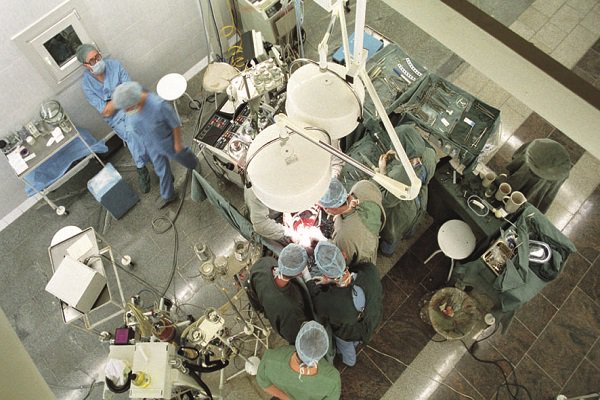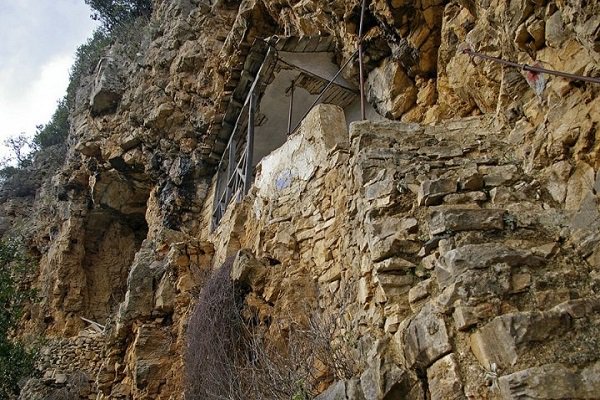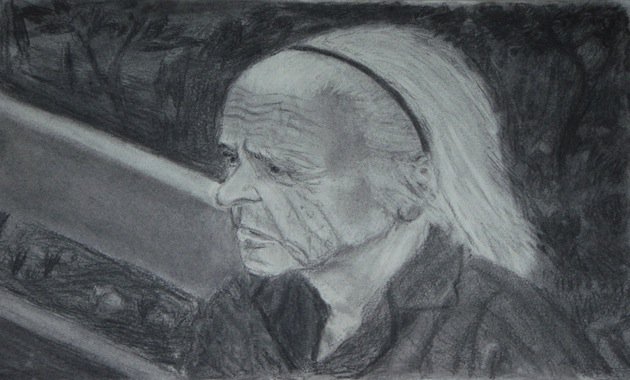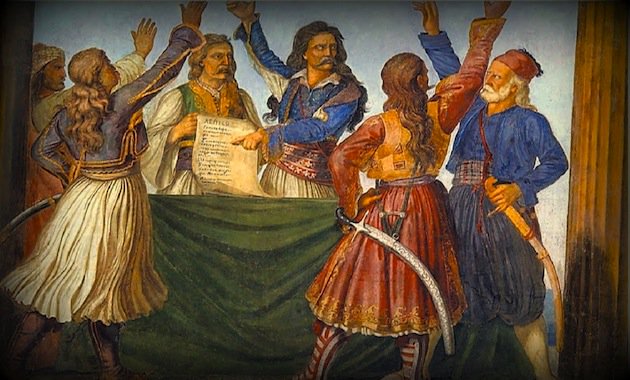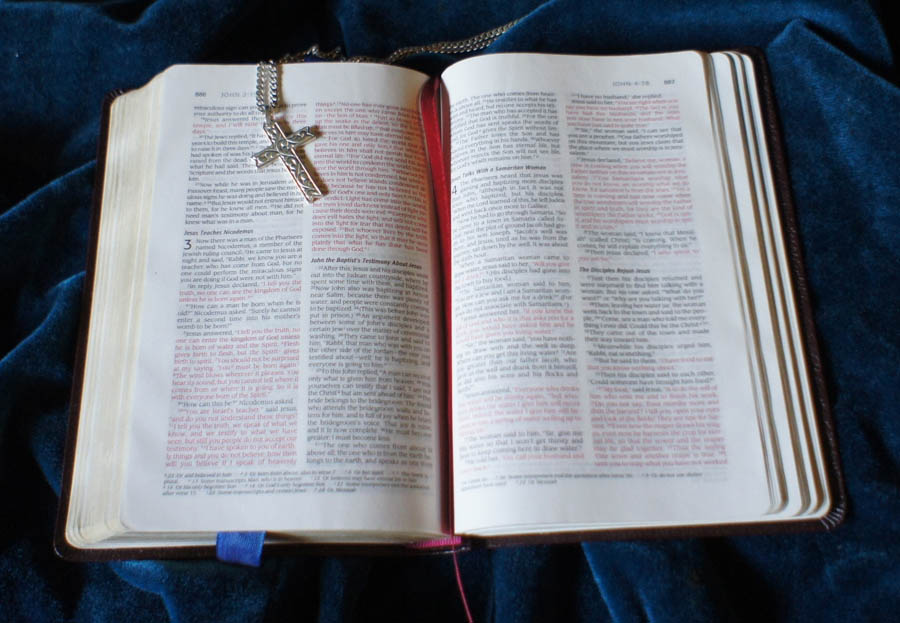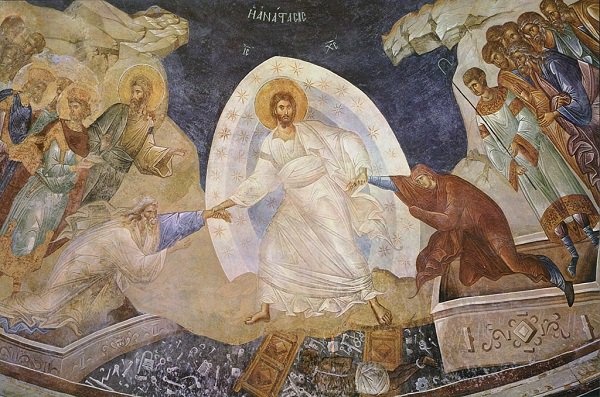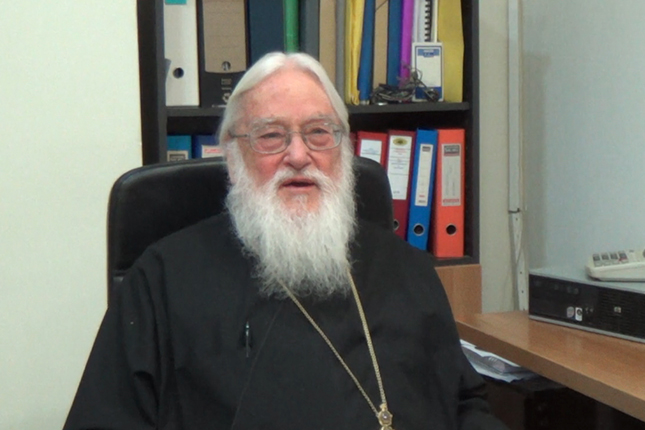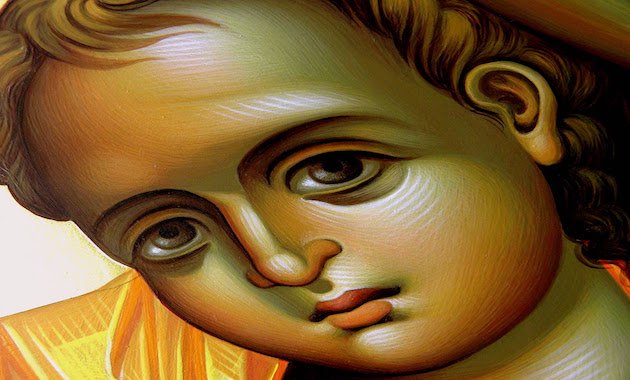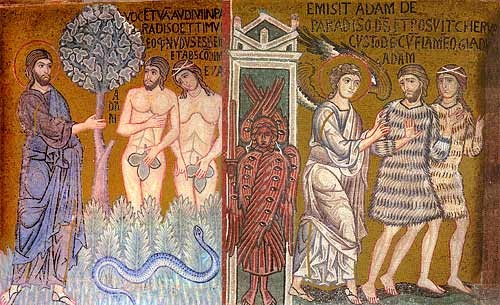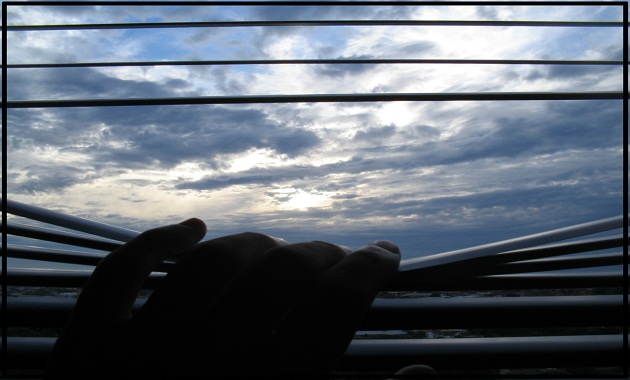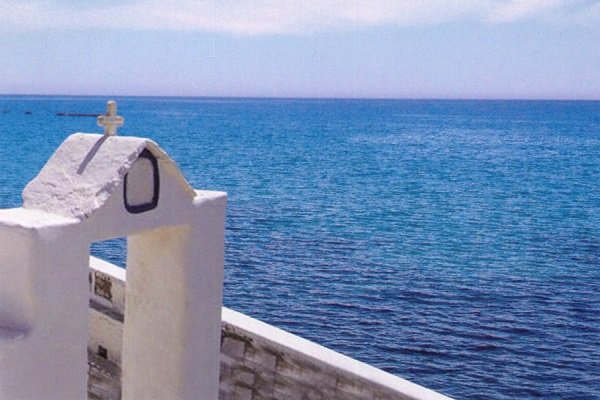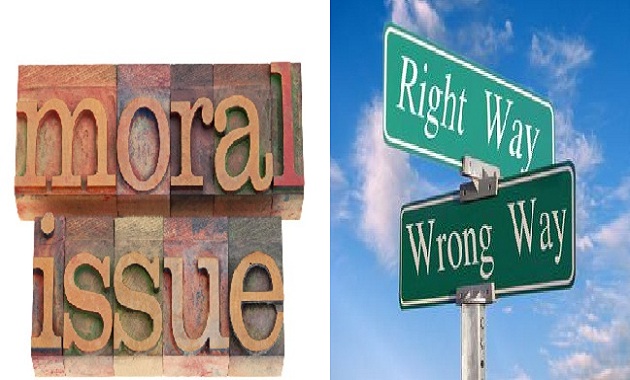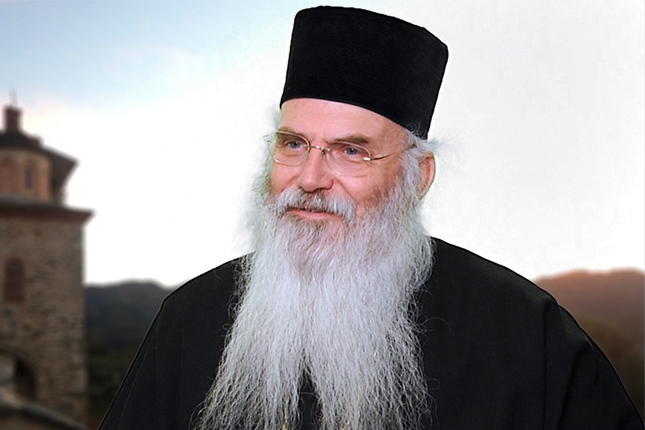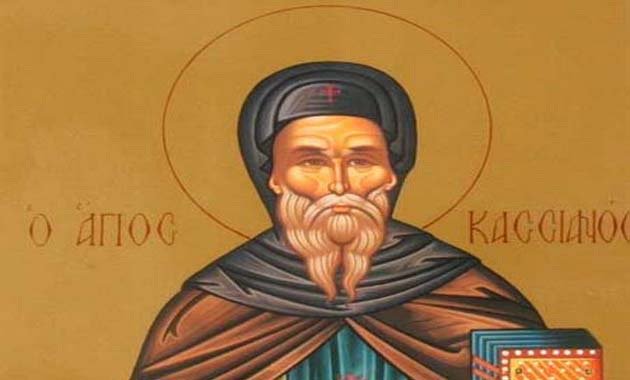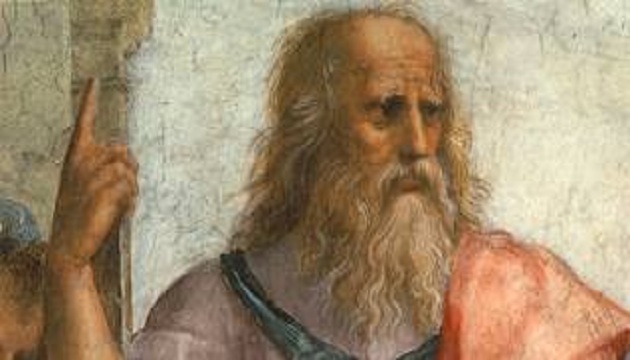
In the first few centuries of the Christian era, medicine developed more rapidly in the East than in the Latin West. The author of this paper presents the suggestion that, in great part, the difference lies in the respective concepts of what actually constitutes the human person. While the Orthodox Christian Church was convinced of the unity of body and soul, which mutually complement each other, the Latin West became influenced by the Gnostic and Platonistic concept of "dualism "— the idea of a radical dichotomy between body and soul in the human person. This Gnostic idea tends to see an enmity between body and soul, indeed, between all matter and that which is said to be spiritual. It conveys the ...

